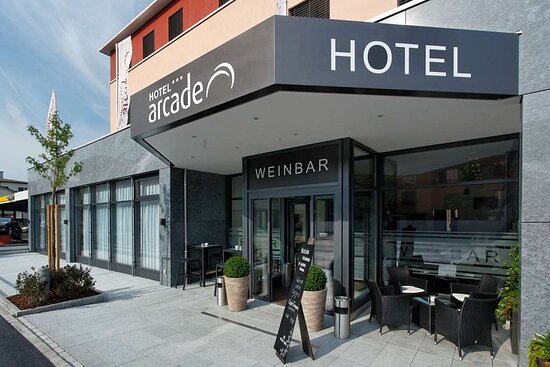Hälsingland
WELCOME TO Hälsingland
County Overview
Hudiksvall
18,200 km2
136,000
Swedish
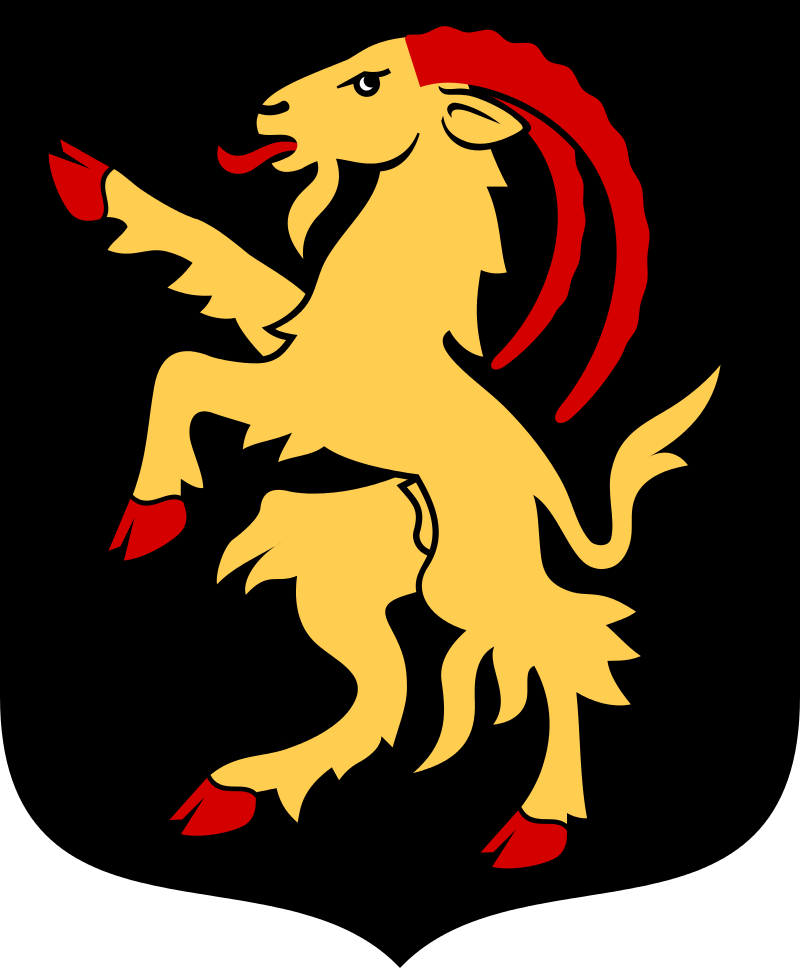
Popular
Geography and Tourist Attractions
Information about the province's tourist attractions, including popular destinations, events, and activities.
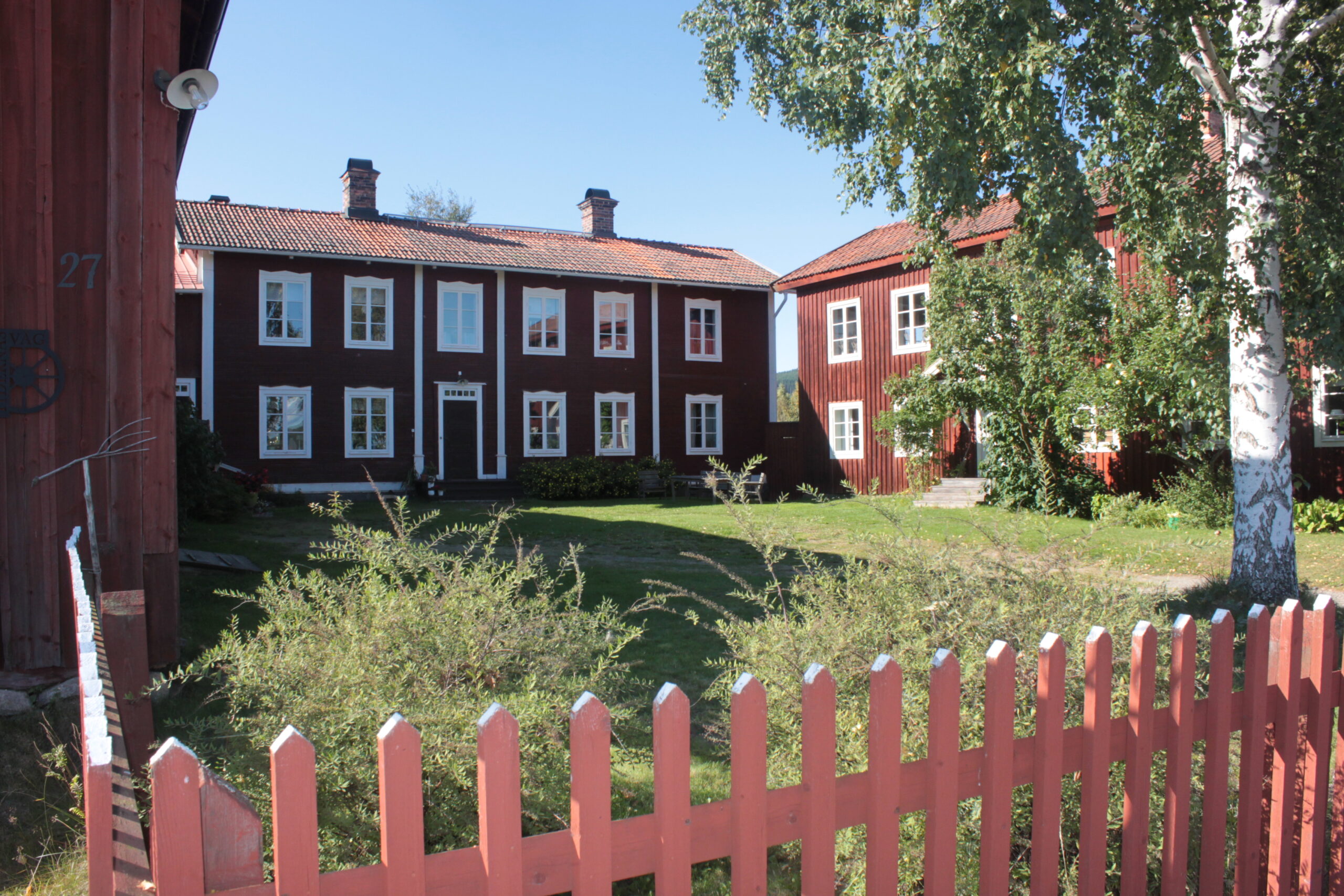
The UNESCO World Heritage Site of Decorated Farmhouses of Hälsingland
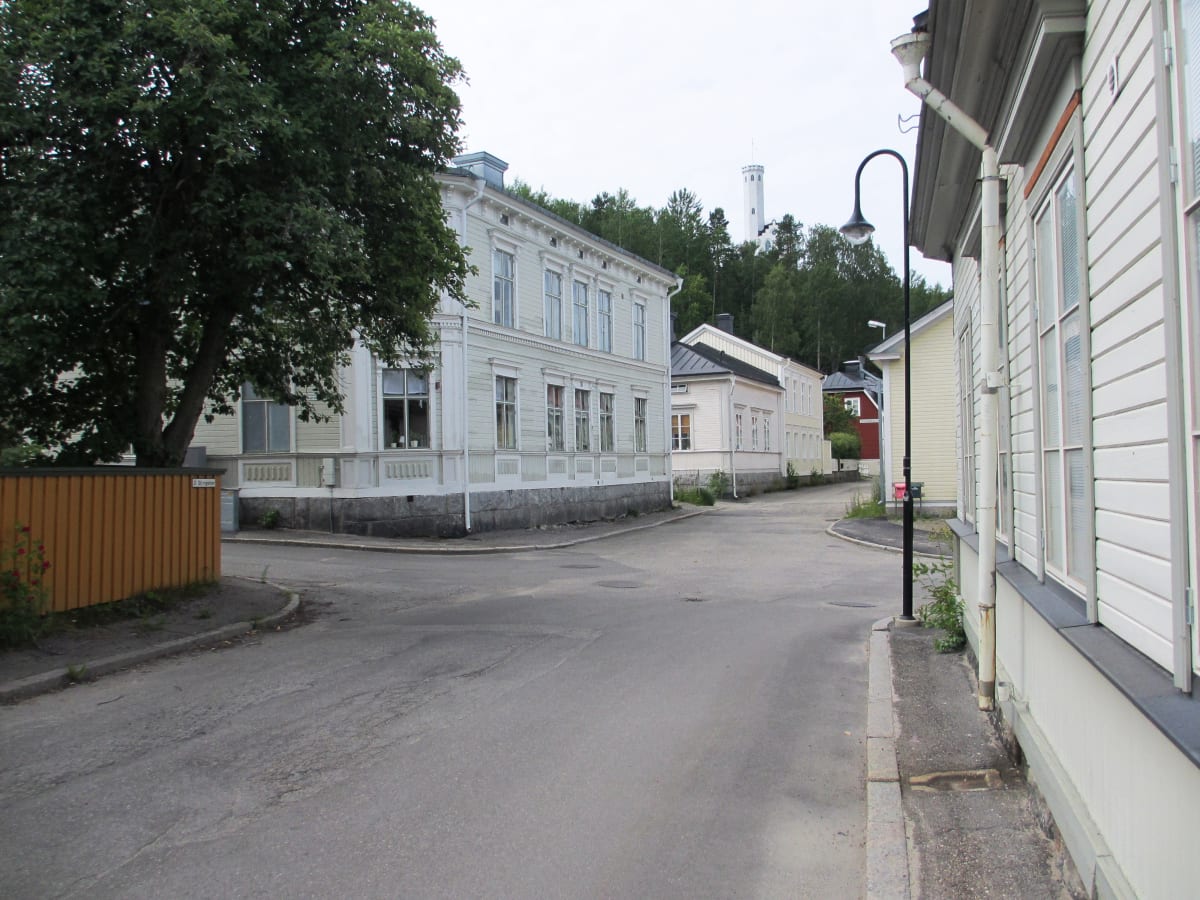
Söderhamn's Old Town
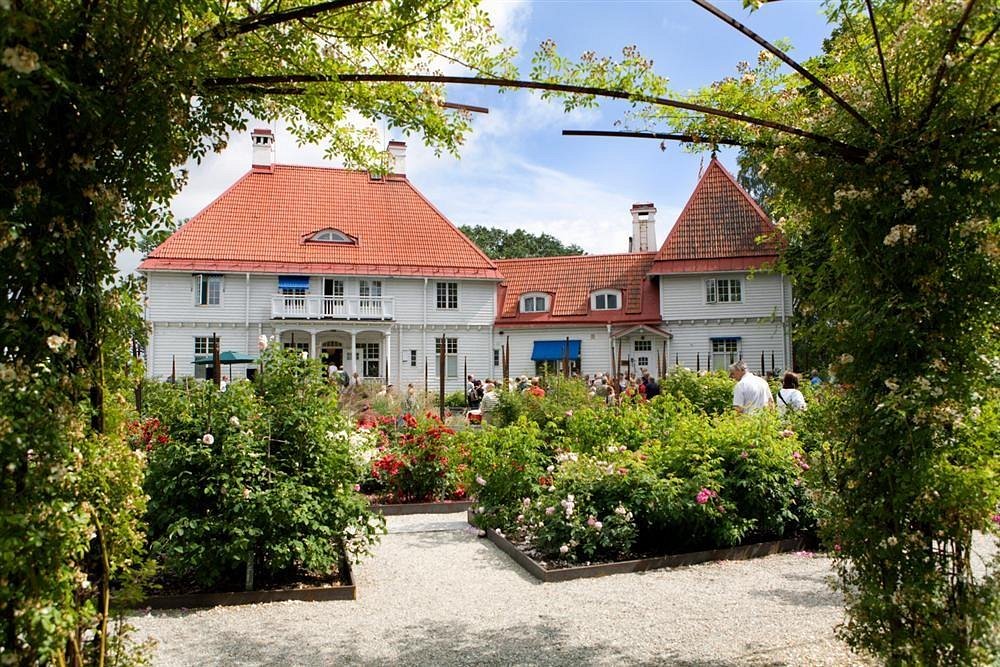
Wij Gardens
Political
Economy and Government
Hälsingland is a region in Sweden with a diverse economy. Agriculture, forestry, and fishing have traditionally been important industries in the region, with dairy farming and sawmills being particularly prominent. However, in recent years, there has been a shift towards service-based industries, such as tourism and healthcare.
The local government in Hälsingland is responsible for providing services such as healthcare, education, social services, and infrastructure. The region is governed by a county administrative board and a county council, which are responsible for local government administration.
In terms of employment, the largest employers in Hälsingland are primarily in the public sector, including healthcare, education, and government. Private sector employers include companies in the food, timber, and manufacturing industries.
Overall, the economy in Hälsingland is diverse, with a mix of traditional industries and emerging sectors. The local government is responsible for ensuring the provision of essential services, while businesses provide employment opportunities and contribute to the region's economic growth.
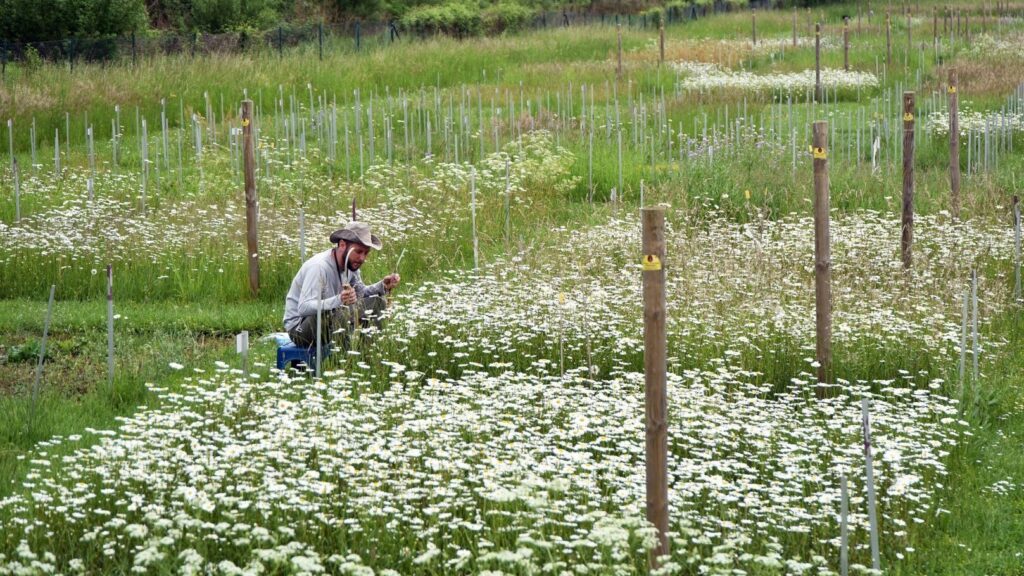
History
History and Culture
Hälsingland is rich in history and culture, with several important historical sites and traditions. The region is known for its unique decorated farmhouses, which have been recognized as a UNESCO World Heritage Site since 2012. These farmhouses were built in the 19th century and feature elaborate decorations both inside and out. The region is also home to several museums, including the Hälsingland Museum and the Länsmuseet Gävleborg, which showcase the region's history, art, and culture.
Hälsingland is also known for its traditional festivals, such as the Ljusdalsdansen and the Delsbostämman, which celebrate the region's folk music and dance. Other cultural events in the region include the Hälsinge Hambo, a popular dance festival, and the Harsagårdsveckan, a week-long celebration of the region's traditional crafts and culture.
In terms of history, Hälsingland has a rich Viking heritage, with several archaeological sites and museums dedicated to the Viking Age. The region was also an important center of the iron industry in the 17th and 18th centuries, with several historic ironworks and factories still standing today.
Overall, Hälsingland's history and culture are deeply rooted in the region's rural traditions, and the area's unique folk art, music, and architecture continue to be celebrated and preserved today.
HOTELS
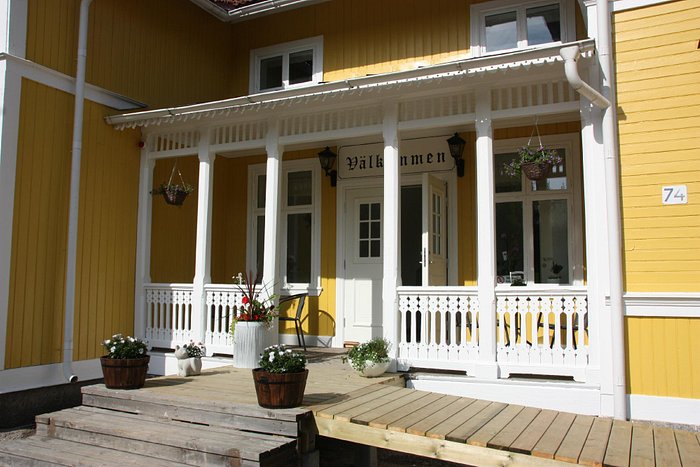
Hedenstugan Bed & Breakfast Hotel
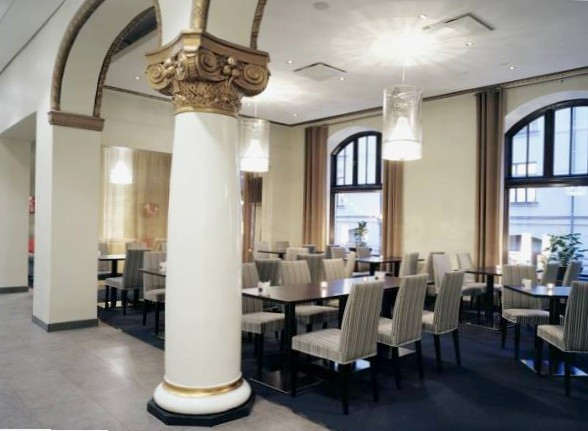
Frimurarehotellet, Söderhamn
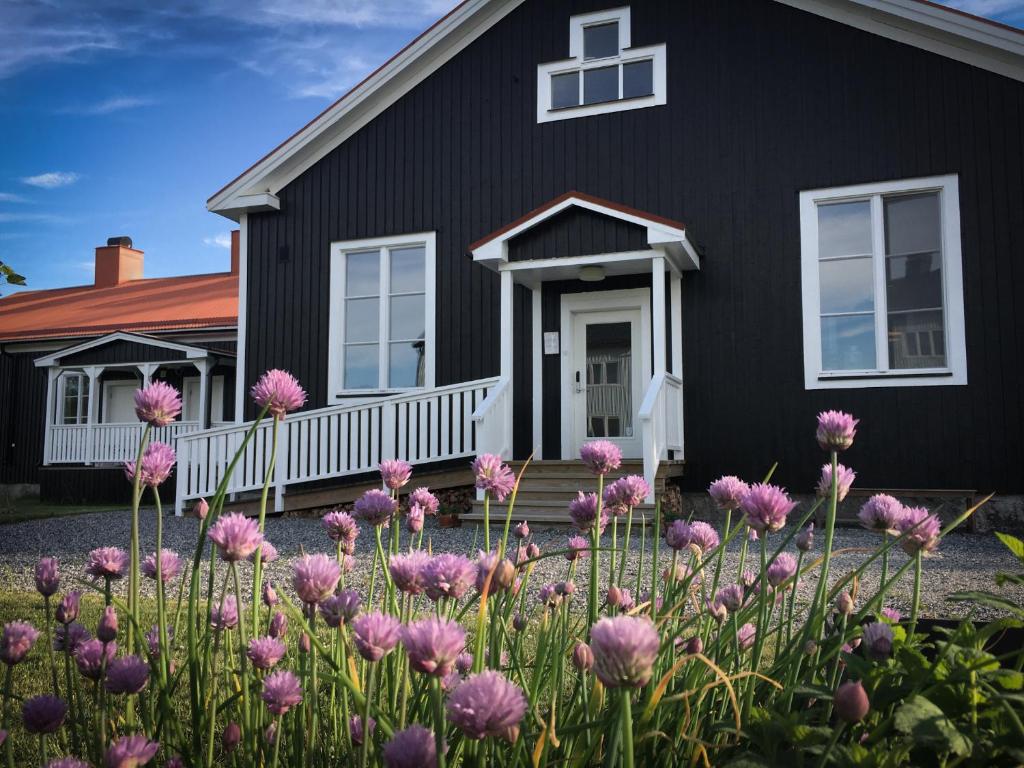
Stilleben Sweden
RESTAURANTS
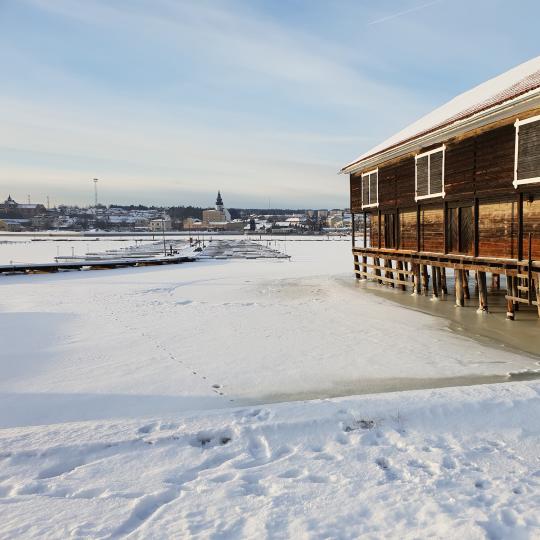
Matstudio Hudik
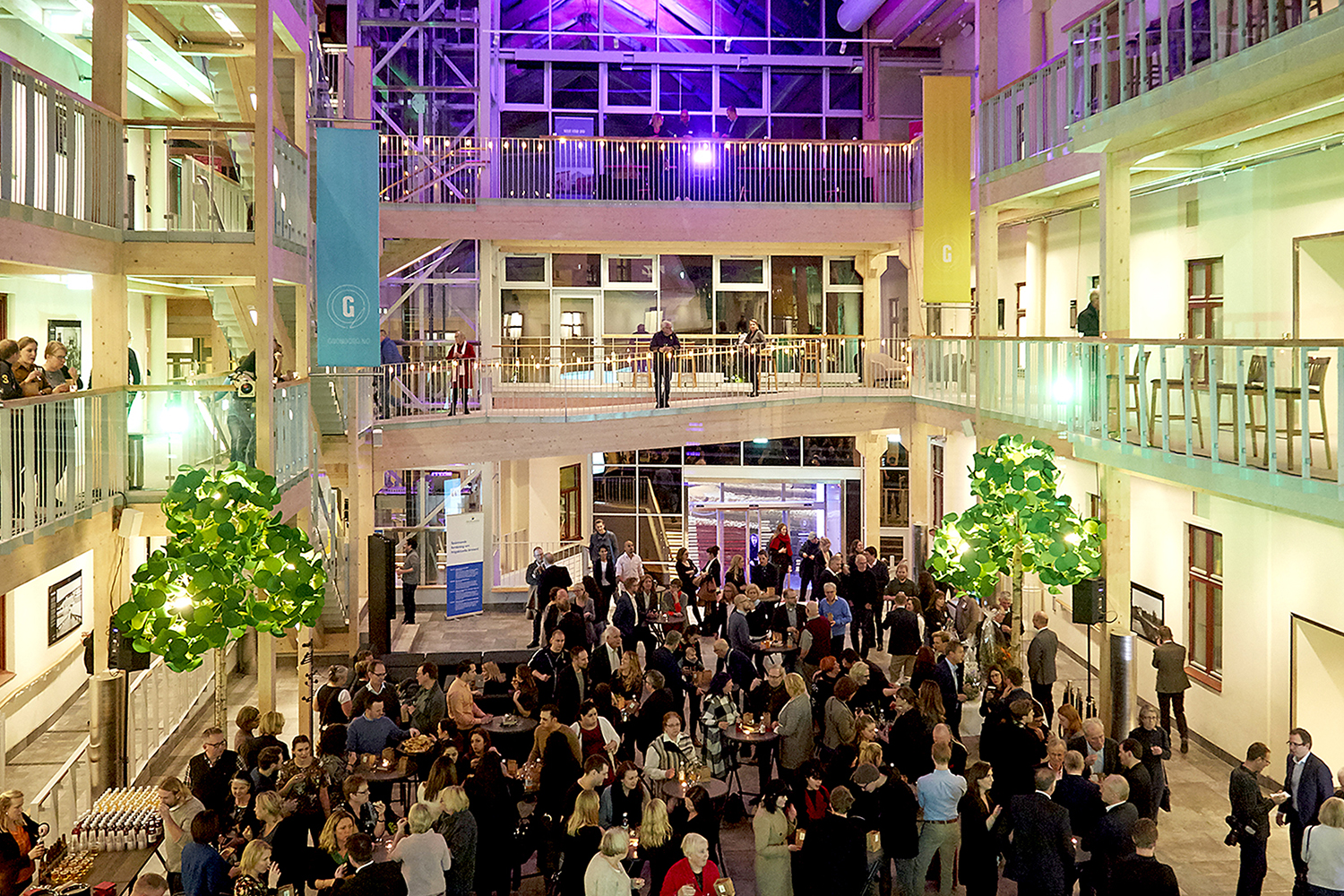
Restaurang Grönborg
